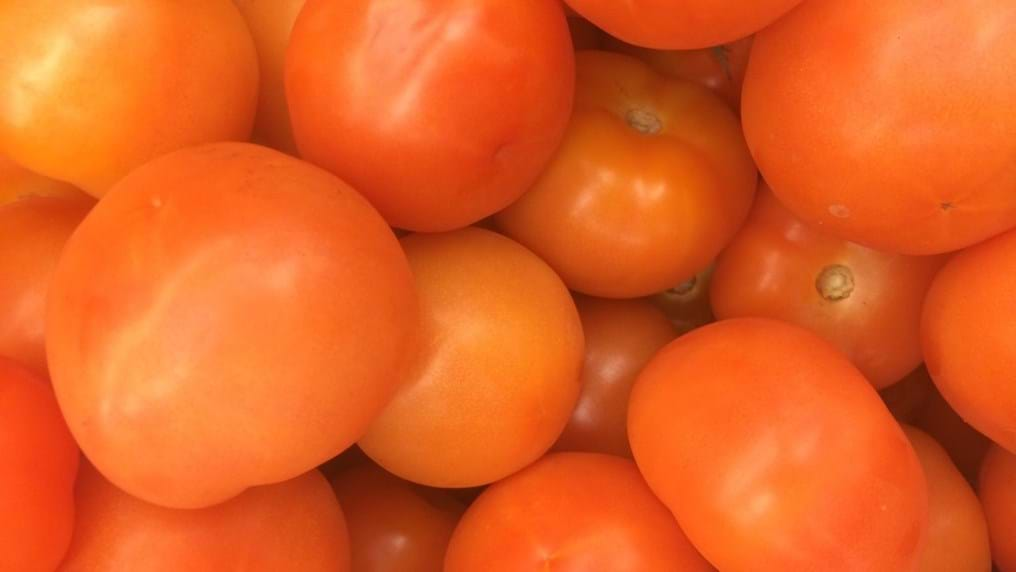Day 56: Cars made from tom-auto sauce

22nd July 2014
Author: Geoff Maitland, IChemE President 2014–2015.
Car production has become a lot more sustainable in recent years, with specific legislation introduced in many countries for manufacturers. Estimates suggest up to 90 per cent of a car leaving the production line today could be recycled.

But what if some of those materials used to make cars are also the product of inventive recycling?
Researchers at Ford and Heinz are investigating the use of tomato fibers in developing sustainable, composite materials for use in vehicle manufacturing.
Specifically, dried tomato skins could become the wiring brackets in a Ford vehicle or the storage bin a Ford customer uses to hold coins and other small objects.
If you consider that Heinz alone produce 650 million bottles of tomato ketchup each year from the more than two million tons of tomatoes - that's a lot of peel, stem and seed by-product potential.
The work is part of a project to accelerate the development of a 100 per cent plant-based plastic to be used to make everything from fabric to packaging and with a lower environmental impact than petroleum-based packaging materials currently in use.
Projects like this are becoming increasingly important as Governments harden their approach on sustainability issues. This month the European Commission unveiled revised waste and recycling targets to accelerate Europe's transition to a 'circular economy'.
The proposed plans require member states to recycle 70 per cent of municipal waste and 80 per cent of packaging waste by 2030. A zero-waste-to-landfill policy for plastics, paper, metals, glass and bio-waste will also be enforced in 2025, so that no more than 25 per cent of waste generated is put into landfill.
More great opportunities for chemical and process engineers!
*************************************************************************************************
Are you running initiatives to improve sustainability? Please get in touch.
ChemEng365 blog
Geoff Maitland launched this blog during his IChemE presidency in 2014. ChemEng365 features 365 chemical engineering successes and achievements throughout his year-long presidency.